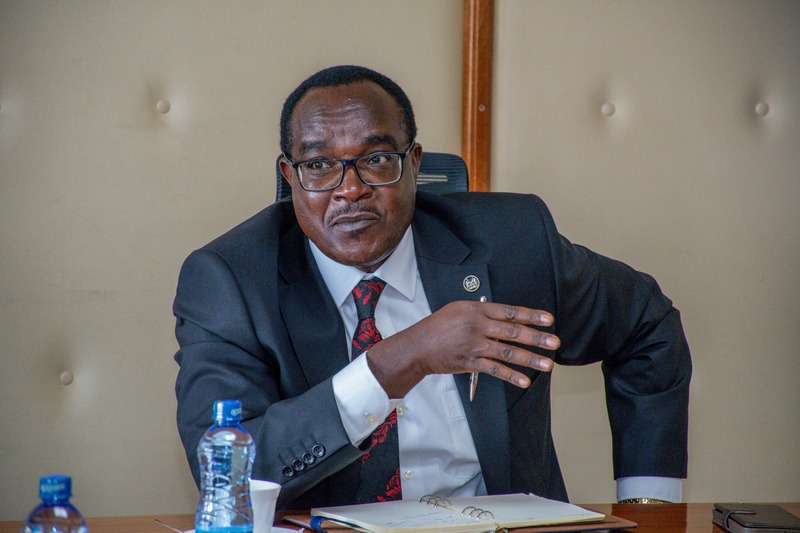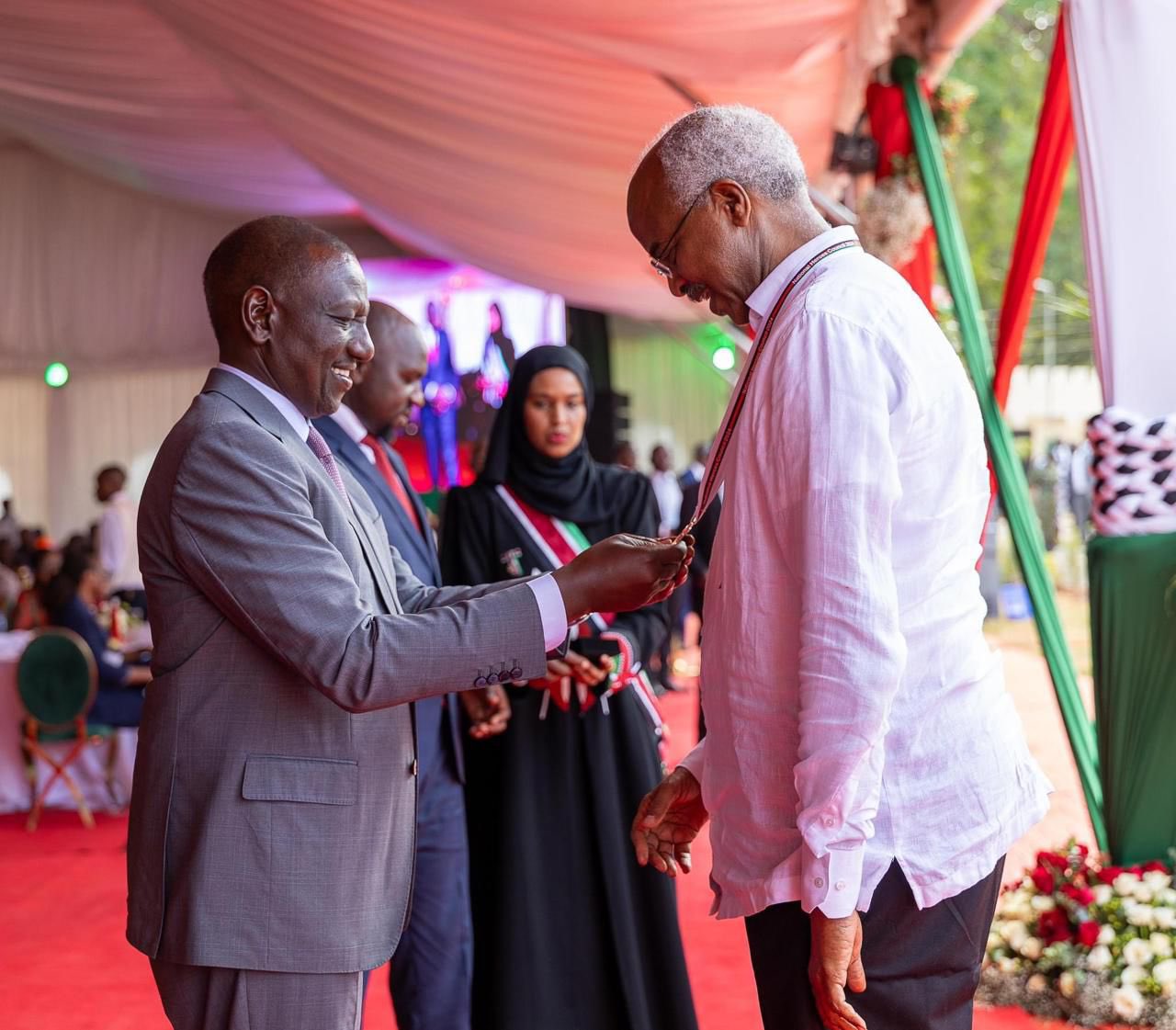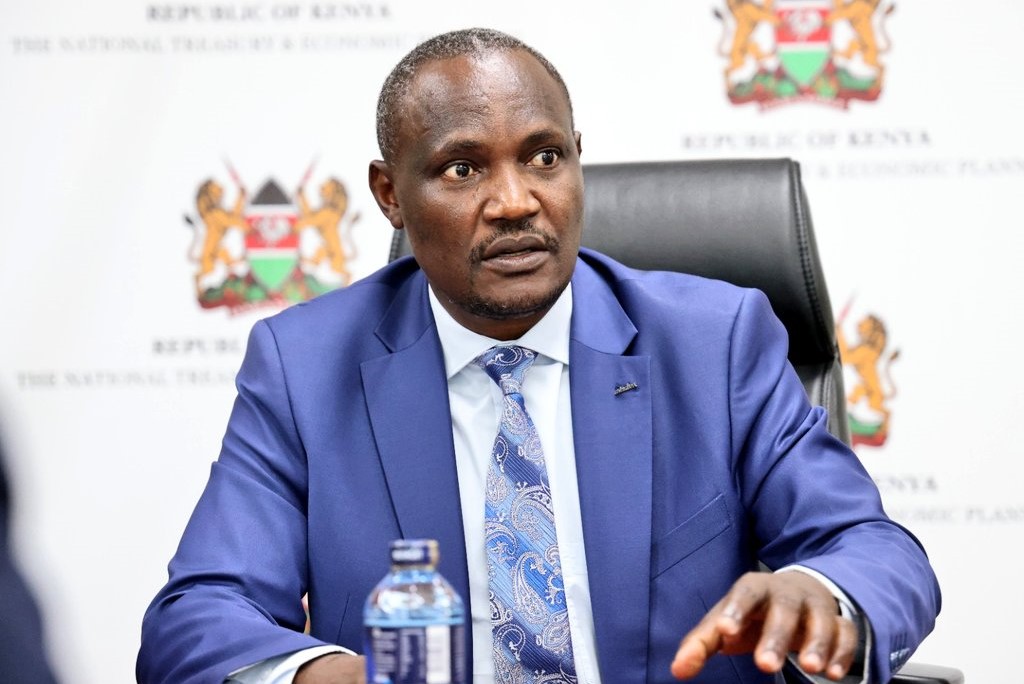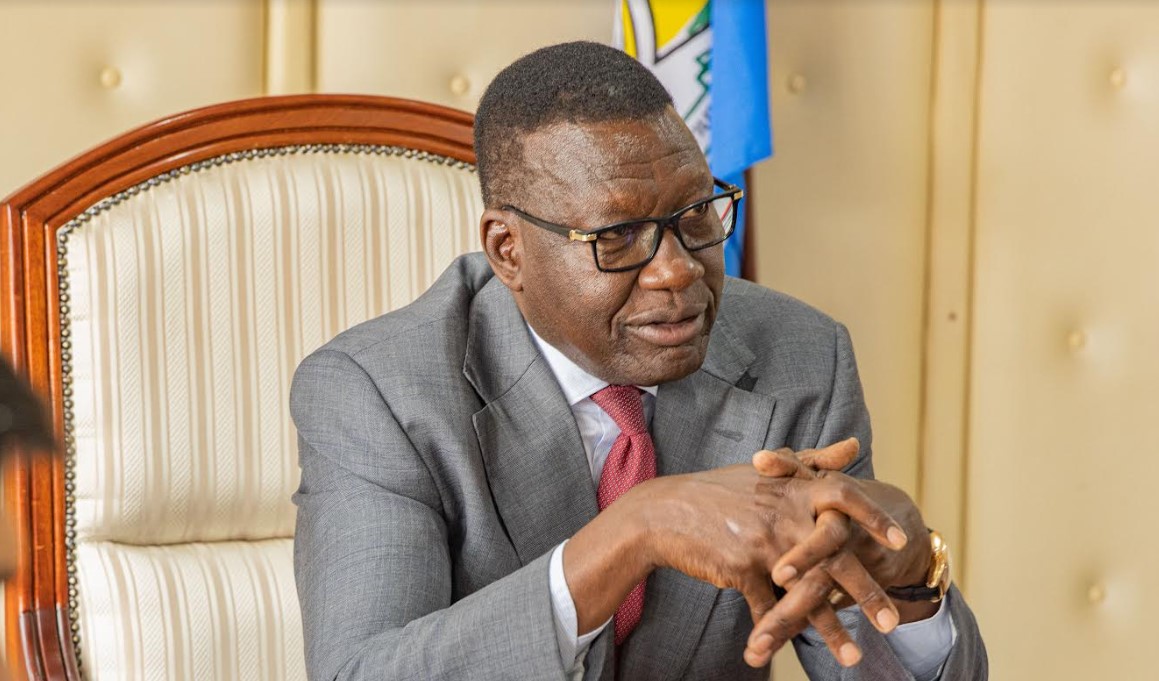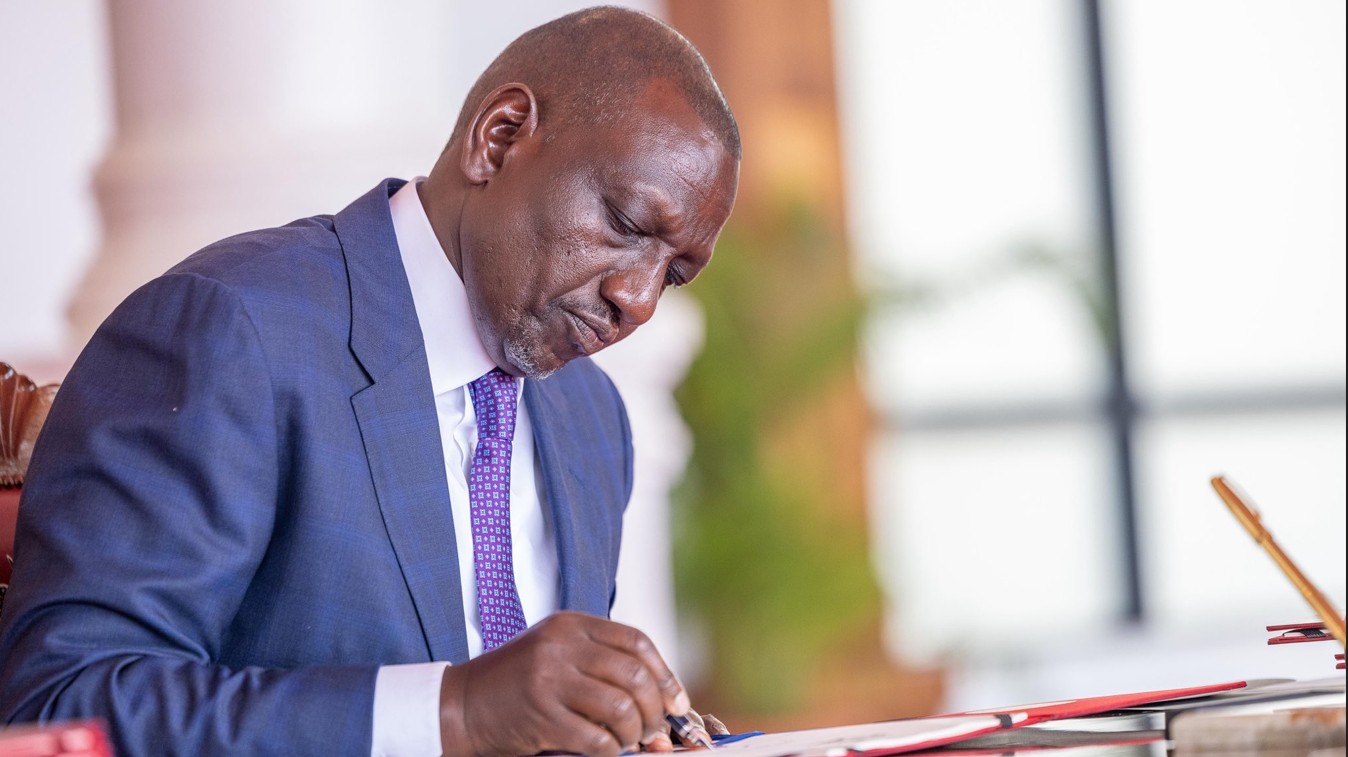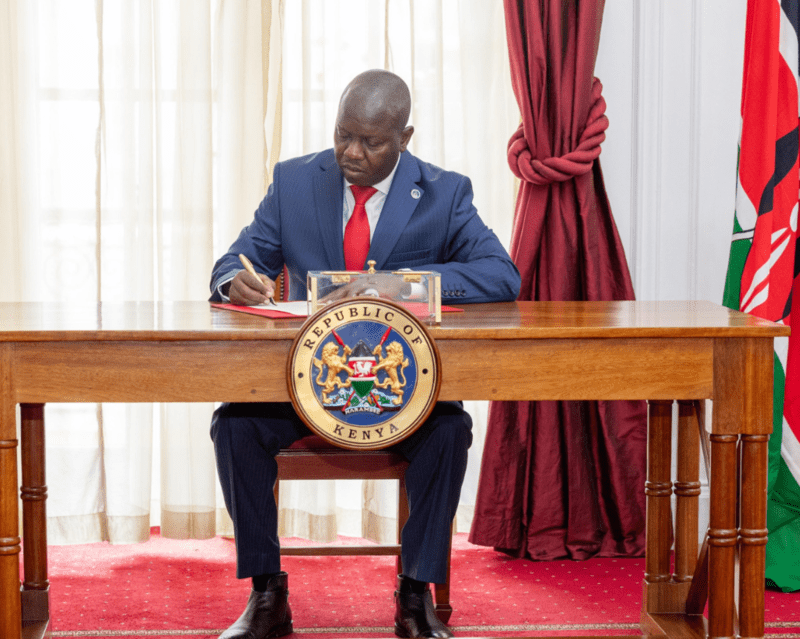List of countries which recognise Palestinian statehood
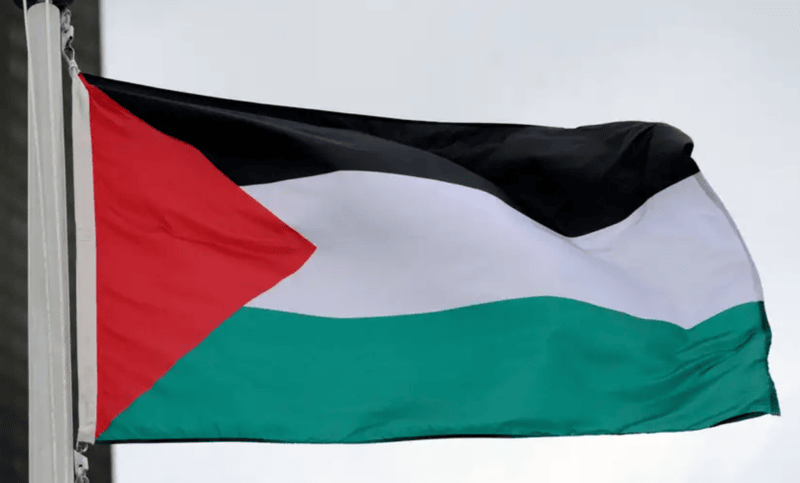
Despite widespread international recognition of Palestine as a state, many Western nations say they will only endorse Palestinian statehood as part of a comprehensive peace agreement with Israel.
France has become the first G7 country to announce its intention to recognise Palestinian statehood.
French President Emmanuel Macron said in a statement posted on X that France would formalise the decision at the UN General Assembly in September. He also wrote that the priority remains securing a ceasefire in Gaza between Israel and Hamas.
More To Read
- Gaza's humanitarian crisis in numbers
- China backs UN push for two-State solution amid Gaza conflict
- US agency report clears Hamas of diverting humanitarian aid in Gaza
- Pressure mounts on Israel to allow aid access in Gaza
- France to officially recognise Palestinian state in September, Emmanuel Macron announces
- Brazil set to join South Africa’s genocide case against Israel at the ICJ over Gaza war
Israel and the US strongly condemned France's decision, saying it would legitimise Hamas. Both countries, along with the European Union and others, designated Hamas a terrorist organisation.
Conversely, France received praise from Spain, which recognised Palestinian statehood with Norway and Ireland last year, and other nations in the Middle East. The Palestinian Authority, which controls the occupied West Bank, also welcomed the move.
Most countries worldwide already acknowledge the State of Palestine, but opposition remains strong from certain key powers. On May 11, 2024, 143 of 193 United Nations General Assembly members voted in favour of a resolution that would recognise Palestinian statehood.
Palestine already has non-member observer status, but full UN membership can only be decided upon by the UN Security Council. In April 2024, the United States, a permanent member with veto power, blocked a draft resolution that would have recommended granting Palestine full membership.
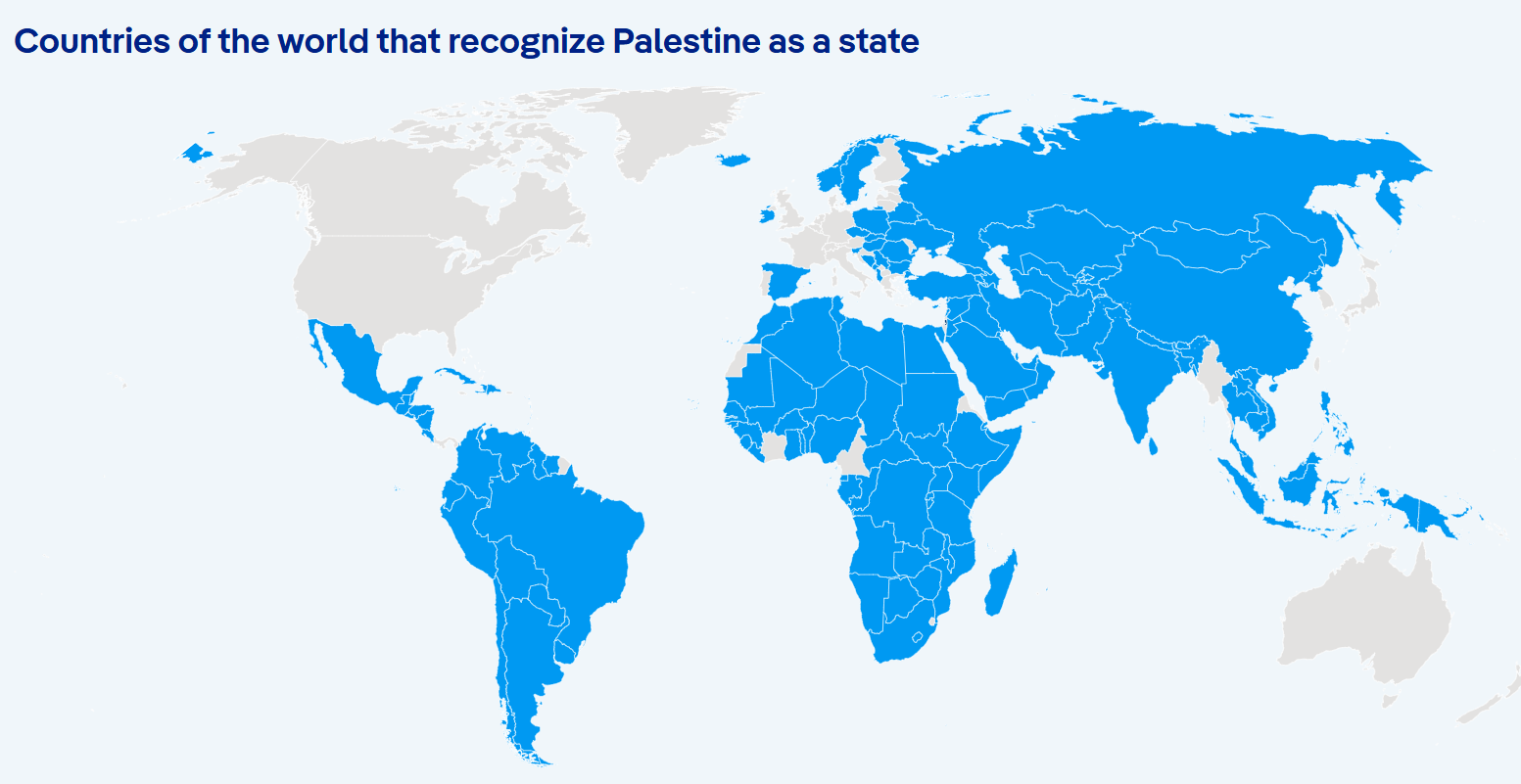
The path to recognition for a Palestinian state
Currently, at least 139 nations officially recognise Palestine as a state. Just over half of these did this formally after November 1988, when the Palestine Liberation Organisation (PLO) officially declared Palestine an independent state. Endorsements came from communist states such as the Soviet Union and China, as well as non-aligned countries, Yugoslavia and India.
More countries followed suit. In the last decade of the 20th century, many Central Asian nations, along with South Africa, the Philippines and Rwanda, established diplomatic relations with the State of Palestine. In the early 2000s, Argentina, Bolivia, Ecuador and Venezuela officially recognised Palestine as a sovereign nation.
In 2011, the Palestinian Authority (PA) applied for full membership in the UN, but the Security Council dismissed its bid. Nonetheless, the PA's diplomatic efforts, coupled with widespread frustration with the stalled Israeli-Palestinian peace process, prompted more than a dozen countries, including Chile, Uruguay and Peru, to recognise Palestine as a state.
In 2011, Palestine was admitted as a full member of UNESCO, marking a victory for Palestinian diplomacy. Iceland became the first Western European country to recognise Palestine the same year, setting a precedent for Sweden, which followed suit in 2014.
Recent developments
Earlier this month, the Bahamas, Trinidad and Tobago, Jamaica, and Barbados announced their recognition of Palestine. In June 2023, Mexico announced its full support for Palestinian statehood, and shortly afterwards, the Mexican government moved to establish a full embassy with all the privileges and immunities granted to diplomatic missions in the Palestinian territories.
In 2018, Colombia declared Palestine a sovereign nation just before President Juan Manuel Santos' term ended. Since the beginning of the Israeli offensive on Gaza, the Latin American country, which exported $1 billion worth of goods to Israel in 2023, has reduced its political and economic relations with Israel. Colombian President Gustavo Petro has cut ties with Israel and earlier this week ordered the opening of an embassy in the Palestinian city of Ramallah, in the occupied West Bank.
What is the West's stance?
The US, Canada, Australia, many Western European states and their allies, Japan and South Korea, officially support the concept of an independent Palestinian state coexisting with Israel as a resolution to the long-standing Middle Eastern conflict. However, many say that they will only recognise Palestine as an independent nation within the framework of a comprehensive peace agreement.
However, Hugh Lovatt, a senior policy fellow with the Middle East and North Africa Programme at the European Council on Foreign Relations (ECFR), told DW that other European countries could join France in recognising a Palestinian state. He suggested Belgium, Denmark, Luxembourg and maybe Portugal as countries that could follow suit.
He added that Germany, as one of the staunchest supporters of Israel in the EU, is unlikely to change its position.
"Well, never say never, but I think the Germans have made it very clear that they will be amongst the last to recognise the State of Palestine," he told DW.
Top Stories Today

